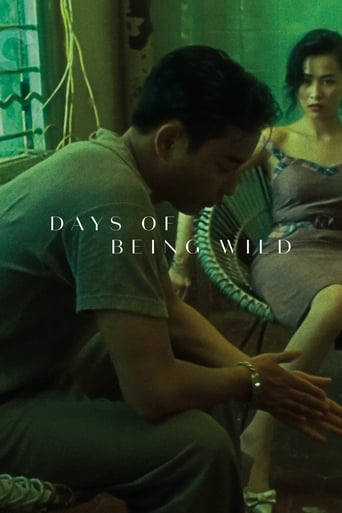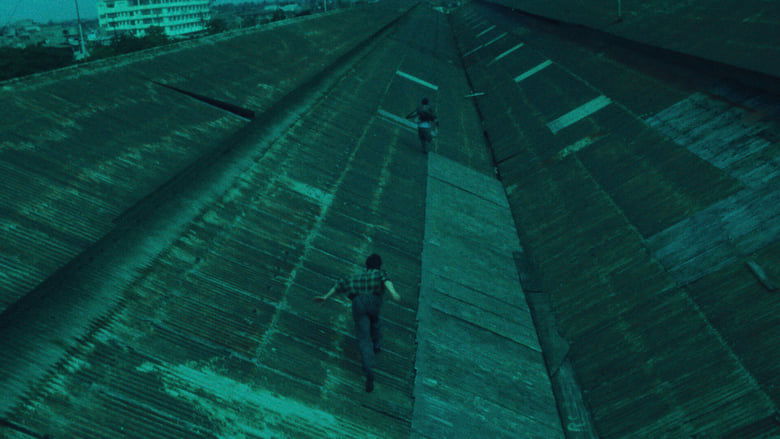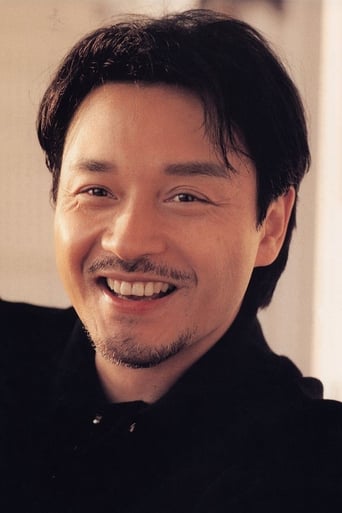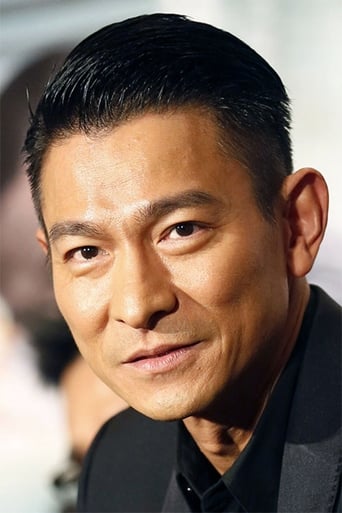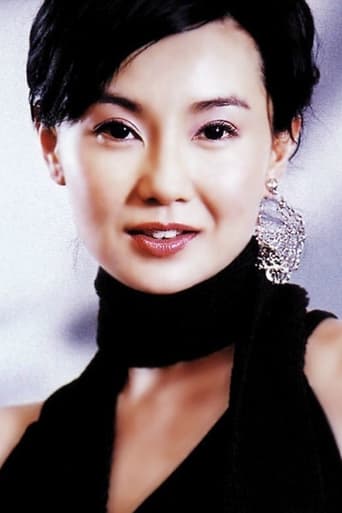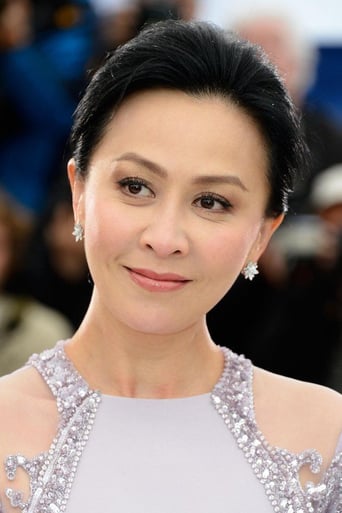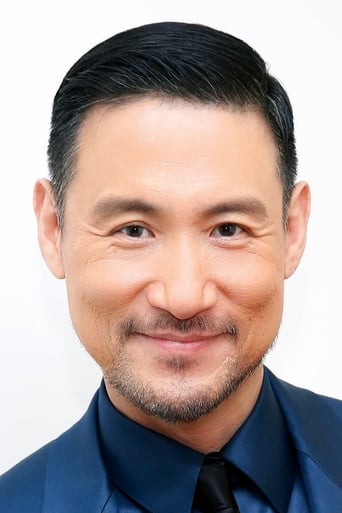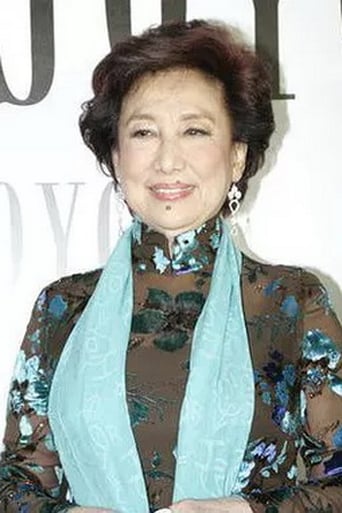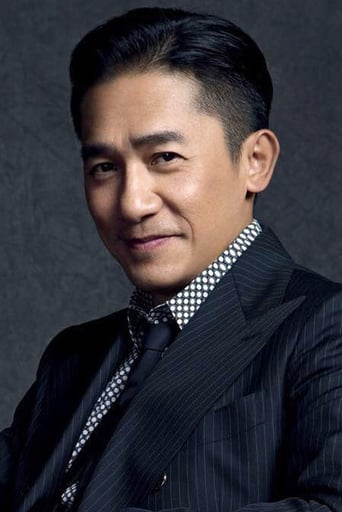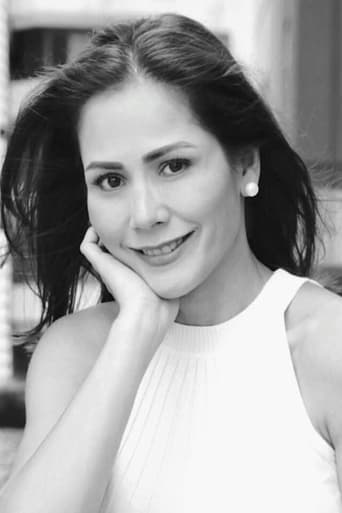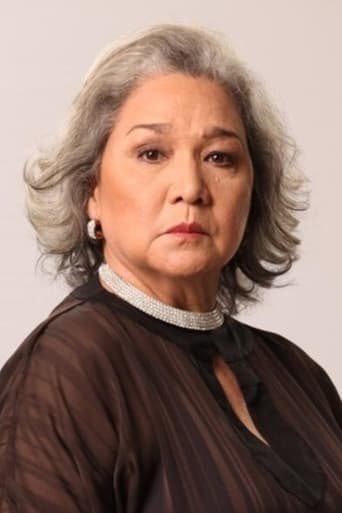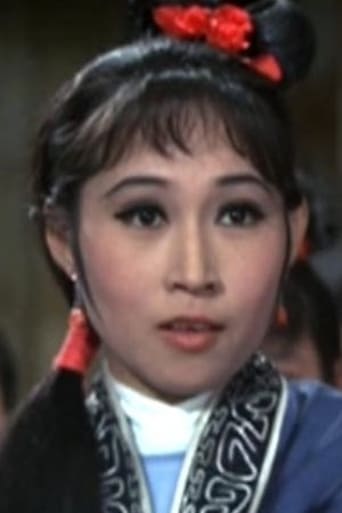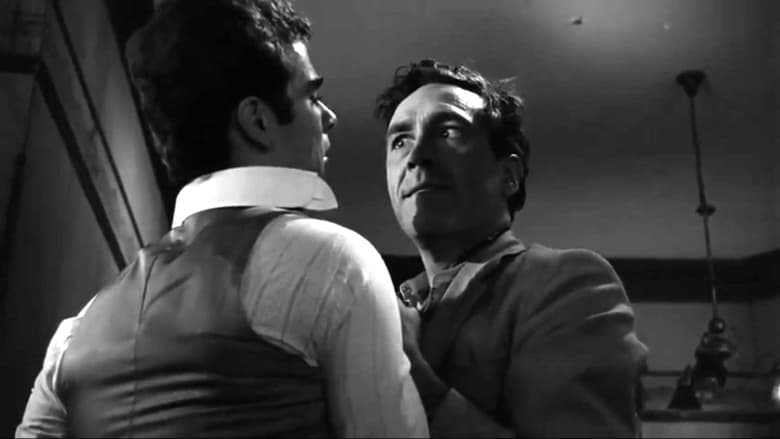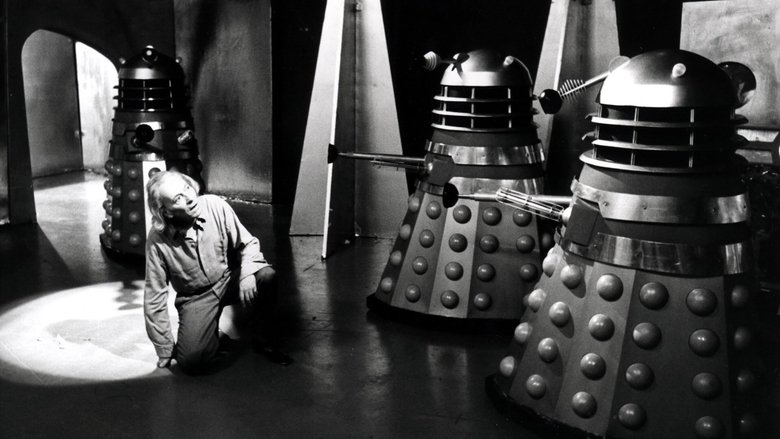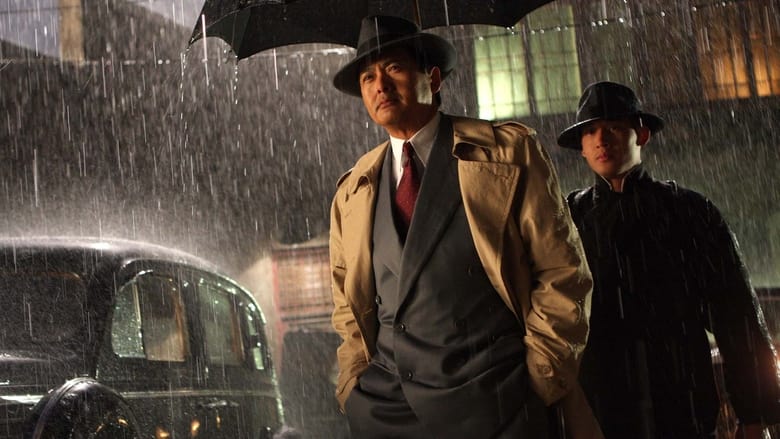Yuddy, a Hong Kong playboy known for breaking girls' hearts, tries to find solace and the truth after discovering the woman who raised him isn't his mother.


Similar titles
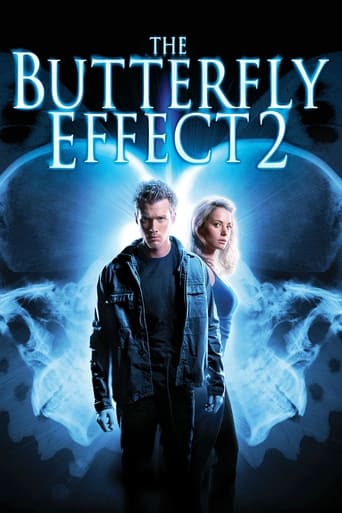
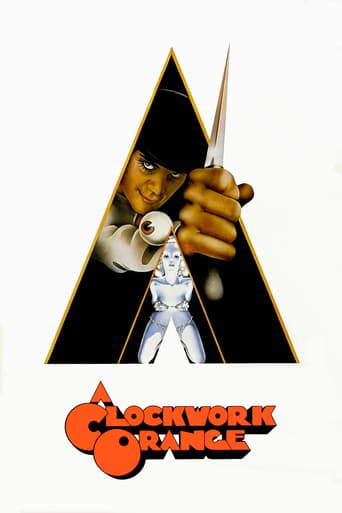
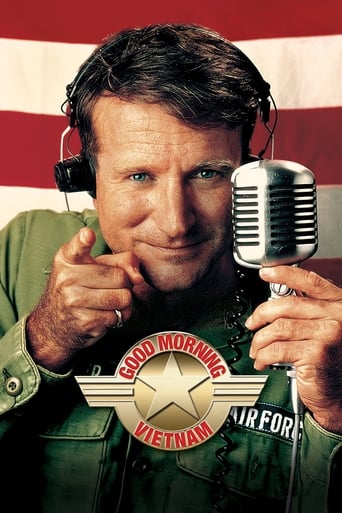
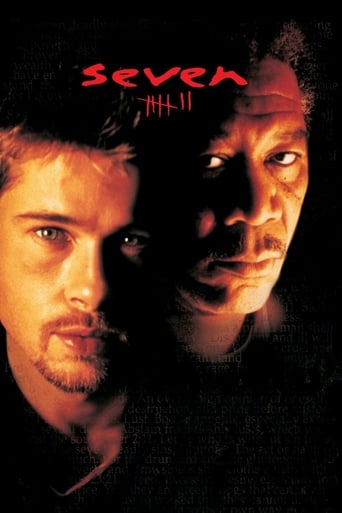

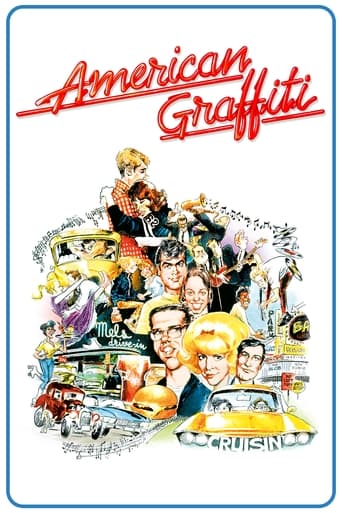
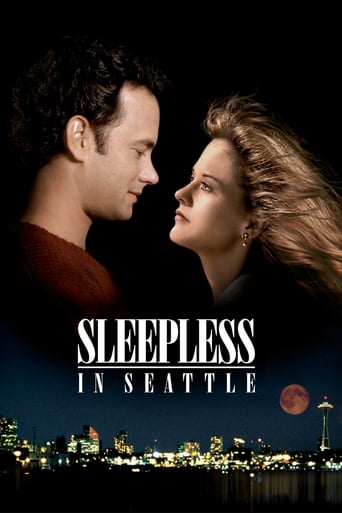
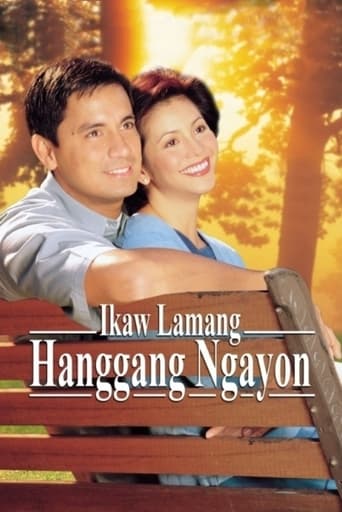
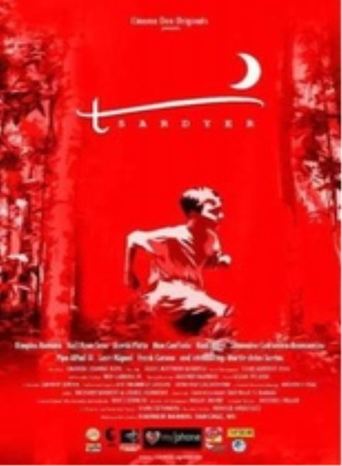
Reviews
Include all the movie stars in Golden time of hong kong movies. And Leslie built himself an legendary in this movie as I regarded.
Wong Kar-wai's 1990 film Days of Being Wild is one of my favorite artistic films. On the surface, the film itself doesn't have a complete storyline, neither a very clear and strong ending as most film does; but in depth, it is a story about life. Not only the life of the characters within the film, but also reflects the life for everyone else. More or less, most people can feel themselves somehow related to either one of the main characters on a certain level in a specific period of time in their own life. The narrative approach of this film has a very interesting approach. With the minimum amount of actor's lines alongside the maximum amount of different scenes between the main characters, you can still clearly see the development of the whole story, at the same time, it gives audience a lot space to understand and feel the film themselves. 'Time' and 'searching' are the two key elements that I felt connected with the most after watching this movie.About 'time'; it is really obvious that Wong Kar-wai used the 'clock' to show the passing of time and its endless; fast or slow, boring or nervous. The 'time' in this movie has emotions. It helped express the actors' inner world without any conversation. While Yuddy (Leslie Cheung) was counting the last minute before 3PM, 1960.04.16, to Su Lizhen (Maggie Cheung), the sound of the second hand comes into the background music, along with the facial expression of Su Lizhen, the sound of the clock seems like her heart beats. It shows her nervous, anxious and desire of knowing what Yuddy is going to tell her after that 60 seconds. After Yuddy and Su Lizhen broke up, Su Lizhen met Tide (Andy Lau), a general police who is always on night shift. On the night Tide asked her to forget Yuddy from this minutes onwards, the clock from the building near appeared, along with a very loud sound shows 12AM exactly. This sound has a lot figurative meanings. It is the ending of the passing days also the entry of a brand new day. 'Time' here reminds Su Lizhen a lot. The minute that Yuddy said he will remember her forever because of that specific minute; the minute that she thinks she should forget Yuddy forever. It shows the sadness and helpless deep in Su Lizhen's heart and the memories and love that she has on Yuddy. Apart from these two scenes, the clock in Yuddy's apartment, Tide's watch, the bedside table clock, the clock in Yuddy's adopted mother's house, etc., all has the element of time in it and helped to develop the whole story to make it more vivid. Although 'time' in this movie helped to build up the characters' inner world, but the other meaning Wong Kar-wai wanted to show is that the endless, emotionless and cruel of time. No matter what happens to anyone in the world, time is always the bystander. When time passing by, one has no choice to leave the past and move on. Other than 'time', I personally think that 'searching' also plays an important part in this movie. All the characters are searching for something to fulfill their life. Yuddy was looking for his real mother; Tide was hoping to get out of the world of Hongkong and be a sailor which he wanted to be when he was young; Mimi (Carina Lau) was chasing Yuddy around, which he is always a mystery to her; Su Lizhen was seeking for the true love of her life, etc. There is a purpose behind each character's every action or movement. Some people successfully gain what they were looking for, but there is no guarantee that they will feel happy after they found out the truth, like Yuddy, there wasn't any happiness after he went to where his real mother lives. Some people thought they found what they were looking for, but then missed the real one that they supposed to seek. Although Yuddy still remembered the last minute before 3PM, 1960.04.16, before he died; but he is not the right person for Su Lizhen. While Su Lizhen was still taking her time of thinking about Yuddy and healing herself, she missed Tide, who is a more a person for her and can give her a family. While she realized that she still wanted to talk to Tide, she called, but Tide quited as a policeman already, they missed each other. It is very easy for people to related themselves to either of the characters in this movie; the movie is a mirror of anyone's life. The most exciting and obvious proved for this is the ending of this film. With the train passing by, it comes the end of Yuddy's life. However, one 'Yuddy' is gonna, another 'Yuddy' comes, which is the character that Tony Leung acted at the end of the movie. With the endless of time, all things will eventually cycle; the stories that happened towards all the main characters still happening in our everyday life, it never ends.
Now, don't get me wrong, a pretentious film can be good entertainment. (If not, then every film David Lean ever directed would be unwatchable.) But this film has little redeeming value other than trendy filmic aesthetics and atmosphere (which is why it merits a 3 instead of a 1).It's a self-consciously arty movie with an ensemble of dead-end characters who eventually reach their dead ends. Aside from the policeman, none of these characters will evoke in you any empathy.In fact, when it's over, you will have the sinking feeling that you have just wasted 90 minutes of your precious life.
A film about time and dislocation; establishing themes that would be further explored in the director's later works, Chungking Express, Happy Together, and, more importantly, In The Mood For Love, and 2046. Wong had already stated that Days Of Being Wild should be seen as the first part in a trilogy of films, each dealing with the issues of love, obsession, time and memory, set against a back-drop of 1960's Hong Kong. Although I'm not going to delve into any great detail as to how these three films correlate to one another, it should be noted that the character of Su-Li Zhen, one of the first to be introduced in this film, is most likely the same Su-Li Zhen so pivotal to the relationships of In The Mood For Love and 2046. Also, there's the brief appearance by Tony Leung in the final scene here, with his character - hinted to be a gambling, feckless womaniser, not too dissimilar to Days' central character, Yuddy - seeming to be the blue-print for the character of Mr. Chow in those two aforementioned masterworks.As a stand-alone piece, Days can be appreciated for it's painterly style and lingering use of atmosphere. It certainly works better as a piece of entertainment if we tie it in with Wong's last two films, but there's nothing lost if you've yet to see them. At its heart, Days is a youth film, a melodrama about listless youth congregating around Yuddy, a Cantonese James Dean and legend in his own time. As a character, Yuddy can occasionally seem rather loathsome... he's an arrogant, feckless womaniser, who casts aside his conquests without compassion or humility. He also refuses to work... instead, he leaches off his adoptive mother, a former courtesan who longs for a new life with an unseen man in the U.S., but, at the same time, she refuses to live without the love of her son. It's this kind of emotional paradox that really defines Wong's work on this film, with many of the characters having contradictory elements that ultimately make them all the more human. It is also important to note the relationships between Yuddy and his - in a sense - two mothers (the one we see and the one we don't), as they are really the very backbone to the prevailing theme of the film.As he states himself towards the beginning of the film, Yuddy is a man who can't concern himself with the affections of one woman... however, this is the real point of interest in Wong's film, in the sense that what Yuddy really needs is the love of ONE woman, in this case, his birth mother. The torturous relationship between Yuddy and his adopted mother is straight out of a Hollywood melodrama, as the pair argue over money, aspirations, and their equally rootless personal lives... though, ultimately, the argument always comes back to Yuddy's quest for the mother that long-ago gave him away. The sensitive layers of this character, who at first appears to be completely devoid of human emotions, though, ultimately, proves himself to be a sensitive and isolated young soul, is exceptionally observed by Wong and perfectly performed by the late Leslie Cheung, in what is, perhaps, his best film role.Yuddy's influence on the other characters in the film is also important to note, as it establishes another thread to Wong's story... that being obsession, influence, emulation and mirroring. The first female character we are introduced to is the aforementioned Su-Li Zhen, a shy young woman who works in the ticket booth at the local sports stadium. The opening scenes of the film, which draw heavily on the repetitious use of imagery - with Wong and his cinematographer Christopher Doyle establishing a number of iconic images surrounding the characters (particularly time, which is a prevalent factor throughout) - show us Yuddy's various attempts to seduce the seemingly disinterested Su-Li. Eventually, through cool charm and empty sentiment, he manages to woo the young woman, holding her close to him in one of the film's key-scenes and declaring themselves "one-minute friends", as he counts down 60 seconds on his watch and says that wherever he goes, he'll always remember her for this shared-moment.The monologue here is another important theme, again, going back to the idea of time and wasted opportunities. Another thread to the story involves a lonely policeman who walks the late-night streets outside Yuddy's high-priced apartment. One night, after Su-Li realises that she has been replaced, by the brash showgirl Mimi (a.k.a. Lulu, another reoccurring character from 2046), the policeman comes to her aid... offering her cab fair home on the first night, then walking with her through the empty and nocturnal streets for a second. Eventually, the policeman will come to love Su-Li as obsessively as she loves the unconcerned Yuddy, a three-way relationship that will feature significantly in the film's final act...Throughout the film, Wong is playing with the conventions of the melodrama, in the way filmmakers like Fassbinder did in the 1970's, or Douglas Sirk before him, in the idea of taking certain characters, archetypes and iconography from Hollywood, but re-adapting them into a framework that is much more personal. The creation (or recreation) of 1960's Hong Kong is far removed from most period films, with Wong and Doyle creating an almost existential world of grasping nocturnal shadows and autumnal colours that seem to be modelled on the works of Edward Hopper. It's not quite as technically draw-dropping as his more recent films, in particular, the glorious visual fantasia of 2046, but it is, regardless, an important piece of work in the career of this master filmmaker.
